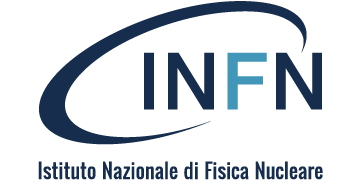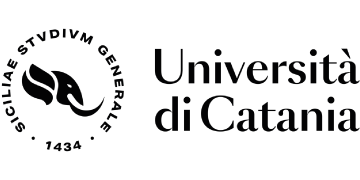
SPOKE 3
ASTROPHYSICS & COSMOS OBSERVATIONS
Context
High Performance Computing (HPC)-based and Big Data technologies are outstanding instruments for modelling the complex dynamic systems studied in Astrophysics, Astro-particle physics and Cosmology today. Their use is needed for most activities, from the reduction and analysis of data up to interpreting and comparing to theoretical predictions, including simulations and theoretical modeling.
Furthermore, advanced numerical methods have become mandatory during both the preparatory and the operational phases of new scientific experiments, efficiently guiding and shaping the design and construction of instruments and observatories. They are also important to fully capture and analyze the torrent of complex observational data that the new generation of observatories will produce which will be game-changing for our understanding of astronomical phenomena, the formation and evolution of the universe, and the fundamental laws of physics.
This scenario requires designing and implementing a full ecosystem capable of: (i) delivering complex simulations capable of high predictive accuracy to address the complexity of the Universe; (ii) exploiting and/or driving the evolution of current and future computing architectures and algorithms; (iii) exploiting the wealth of data produced by computations and observations; (iv) effectively engaging with the Astronomy, Astrophysics, and Astroparticle physics (AAA) community in the HPC environment of codes and resources;(v) adapting and implementing existing and new algorithms for the new challenging (exascale and post-exascale) HPC infrastructures; (vi) providing innovative data storage and archiving systems to face the big data challenges.
Objectives
The main objectives of the Spoke 3 are the exploitation of cutting-edge solutions in HPC and Big Data processing and analysis for problems of interest in the following research area: Cosmology; Stars and Galaxies; Space physics (Earth, Solar and Planetary); Radio Astronomy; Observational Astrophysics and Time Domain; High Energy Astrophysics, Cosmic Microwave Background; Large Scale Structure, Clusters and Galaxies; Multi-messenger Astrophysics; Numerical Simulations and Modeling.
The Spoke 3 of ICSC will also undertake a specific outreach and training program, aimed at creating a broad and skilled expertise in Italy, and ultimately will boost the use of high performance and high throughput, cloud solutions in research centres, academia and private companies. We intend to fully exploit the opportunities provided by the PNRR to engage with the private stakeholders affiliated to ICSC that have expressed interest in our activities.
It will pursue a user-driven approach in order to tightly couple to the community and it will adopt a co-design methodology for the development of selected applications. This could be accomplished, for example, by combining the requirements and the expertise of the scientists and the community code developers to the innovative software and hardware solutions and services envisioned by HPC and Cloud stakeholders, including green computing approaches, addressing the synergic and coordinated development of applications and technology.
Activities
The Spoke 3 is organized in Working Packages (WP) to address the following main topics:
- WP1, HPC Codes Enabling and Optimization: it selects a number of codes that require large computational resources to face the next generation of scientific challenges and performs their redesign, reimplementation and optimisation in order to effectively exploit state-of-the-art HPC solutions, including accelerators and alternative architecture (e.g. GPUs and ARM architectures respectively).
- WP2, Design of innovative Algorithms, Methodologies, Codes toward Exascale and beyond: it identifies innovative algorithms and methodologies upgrading their capability to exploit, and scale on, the exascale and post exascale architectures, merging the resulting improved features in codes, workflow and pipelines.
- WP3, Big Data Analysis, Machine Learning and Visualization: it addresses the application of advanced Artificial Intelligence and Visualization solutions to large astrophysical data volumes, facilitating the convergence (heterogeneous computing) of HPC, HTC, HPDA and Cloud tools and exploiting Exascale platforms.
- WP4, Big Data Management, Storage and Archiving: it starts from already implemented best practices and frameworks to manage data and software with FAIR and Open Science principles, to develop innovative frameworks able to satisfy the Big Data Challenge.
- WP5, HPC services and access: the WP oversees the management, maintaining and deploying an integrated environment providing the tools for the efficient development of the work described in WPs 1-4. Management and distribution of large datasets in the Data Lake. High-rate analysis.
- The five WPs work in synergy among themselves and with the private stakeholders affiliated to the Spoke.
- An additional WP0 provides managerial resources for the project.


Institutions and Universities






Companies






